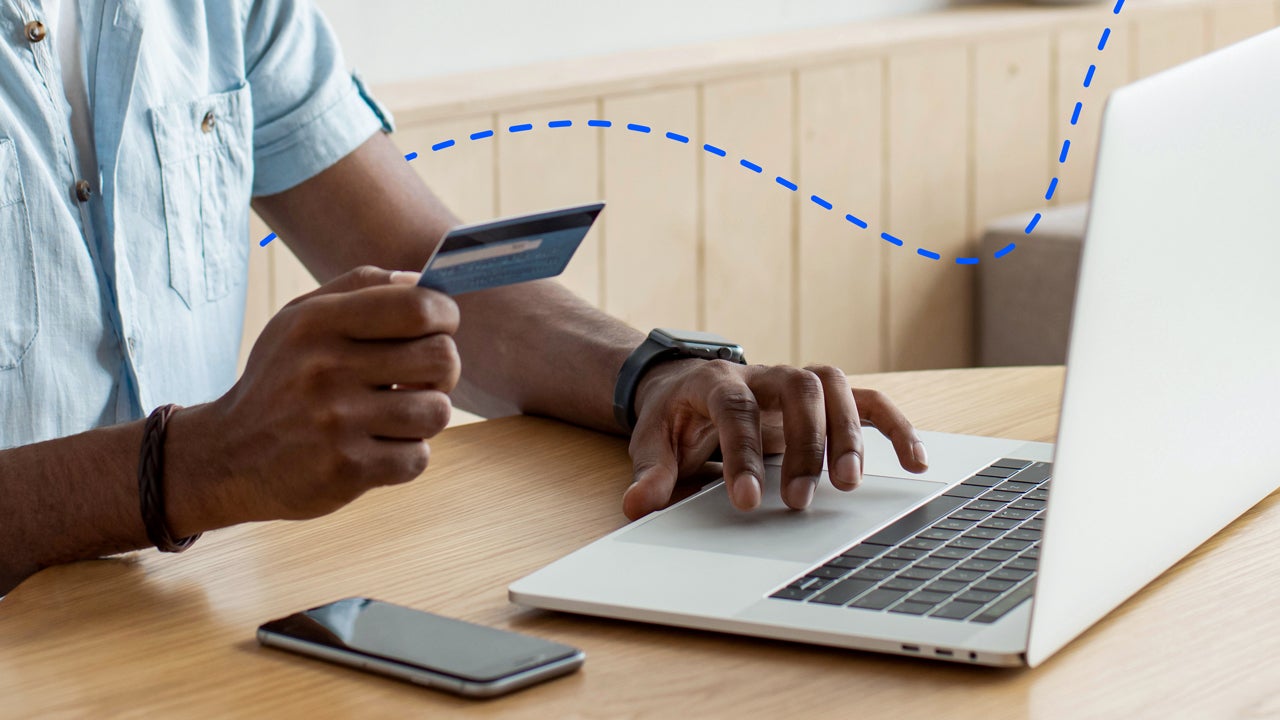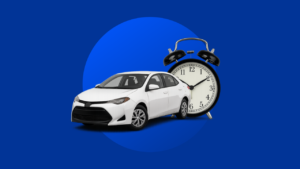Should you pay your credit card bill early?

Key takeaways
- Making early payments on your credit card balance can significantly reduce the amount of interest you accrue, especially on carried over balances.
- Paying your credit card bill early can lower your credit utilization ratio, which makes up a significant portion of your credit score. Lowering this ratio by paying off large purchases early can positively impact your credit score.
- You can also avoid late payment fees and the risk of late payments being reported to credit bureaus by paying your credit card bill early. This practice can help establish good financial habits and ensure your bills are paid well before the due date.
- While paying your credit card bill early has its benefits, it may not be for everyone. Factors like cash flow and taking advantage of introductory APR periods should be considered before deciding to pay off your credit card balance early.
You just made a major purchase on your credit card to accrue those amazing cash back rewards, and you have the money sitting in your bank account to cover the purchase. Should you pay your credit card early?
Credit card companies make it easy with online portals or apps. You can log in at any time to find out your current balance and pay as much as you’d like, even before you receive a bill. You can also call the number on the back of your card to make a payment.
But does paying off your credit card early help your credit score or save you money?
Paying your credit card early can save money on interest
Credit cards typically have something called a “grace period,” usually 21 to 25 days after the end of your statement period, for you to pay your bill. Most cards don’t charge interest during the grace period, but some do.
Even if your credit card has a grace period, there’s a catch: While you won’t need to pay interest on any new charges until after the grace period, you’ll still be paying interest on any balances carried over from the previous month.
How credit card interest accrues
Let’s say you have a credit card with an APR of 17 percent. You’re carrying a balance on your card of $5,000 and you make another $3,000 purchase. You won’t have to pay interest on the new $3,000 purchase until day one of the next billing cycle, but on your existing balance of $5,000, you’ll be charged compound interest daily.
Your daily interest rate is 17 percent divided by 365 days, which means that every day you’re charged 0.047 percent interest on your carried balance of $5,000. On the first day of the billing cycle, that’s $2.35 in interest. On the second day of the billing cycle, you’ll pay interest on the outstanding balance and also on the interest charged on the first day ($5,002.35). The cycle repeats throughout the month. That’s how compound interest works.
By the end of the month you’ll have accrued $71.32 in interest, meaning in order to pay off that balance in full you’d need to pay $5,071.32.
If you choose to make a payment mid-month to pay off half of your carried balance, you’ll cut your interest payments in half, too. Making a payment halfway through the statement period can significantly reduce the interest you’re paying on your carried balances by reducing the total amount. It won’t affect any interest on new purchases made that month because you aren’t paying any yet, but it puts you in a better position and sets you up to pay less interest for the next billing cycle.
Even if you only pay a portion of the card, or enough to cover your existing balance, you’ll still save on interest charges. Use a credit card payoff calculator to figure out how much you could save by paying your bill early.
Does paying your credit card early help your credit score?
Paying your credit card early can also help your credit score in surprising ways. The three major credit bureaus that evaluate your credit usage to determine your credit score don’t care whether you pay your bill early. That information doesn’t appear on your credit report at all.
But Experian, TransUnion and Equifax do consider the balances on your credit cards when calculating your credit score. And there’s a catch: No one knows when the credit card companies report that information to the credit bureaus.
Let’s say you only have one credit card with a $4,000 limit and no other forms of credit. You purchase a refrigerator for $2,500. If the credit card company reports your balance to the credit bureaus the next day, you’ll have a credit utilization ratio of 62.5 percent, more than double the 30 percent credit utilization many experts recommend.
Credit utilization is based on your total credit and makes up 30 percent of your credit score, so it helps to keep this number as low as possible. To minimize the odds of getting hammered with a high credit utilization figure, pay your credit card bill as early as possible after making a large purchase.
Lower your credit utilization
Having a lower credit utilization ratio doesn’t just improve your credit score. It means you have more money available on your credit card for other purchases or an emergency.
If you pay off large purchases shortly after you make them, you have access to that amount of credit on your card again. Just make sure your payment has cleared if you plan to use the card up to your credit limit, or you could be faced with an over-limit fee or the awkward experience of having your credit card declined.
Eliminate the chance of late charges
It sounds obvious, but paying your credit card early means you won’t forget to pay it. You can eliminate the chance of late fees or having late payments reported to the credit bureaus.
Be mindful of your due date, though. If you make a payment before your statement arrives but you’re still carrying a balance, you’re responsible for the minimum payment on the new bill. Payments made prior to the statement date count toward the prior month.
Reasons you might not want to pay your credit card bill early
The decision to pay your credit card bill early isn’t for everyone. It can be tempting to see that zero balance on your credit card, but if it leaves you short on cash for necessities, it’s better to leave your money in the bank.
Similarly, if you’re currently in your card’s introductory 0 percent APR period and your money is in a savings account collecting interest, even at a rate of just 1 or 2 percent, it might not make sense to pay off your credit card immediately.
The bottom line
Paying your credit card early can save money, free up your available credit for other purchases and provide peace of mind that your bill is paid well before your due date. If you can afford to do it, paying your credit card bills early helps establish good financial habits and may even improve your credit score.
Why we ask for feedback Your feedback helps us improve our content and services. It takes less than a minute to complete.
Your responses are anonymous and will only be used for improving our website.






